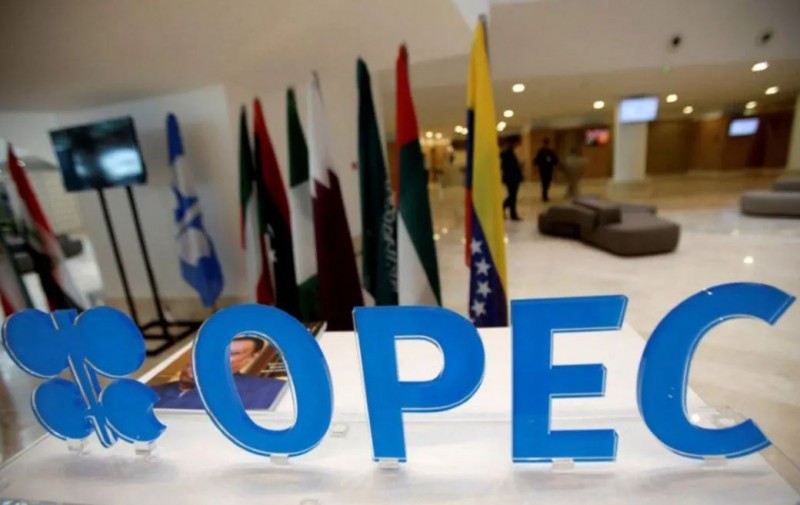
The Organization of the Petroleum Exporting Countries, commonly known as OPEC, plays a crucial role in the global oil industry. It is an intergovernmental organization that aims to coordinate and unify petroleum policies among its member countries. OPEC's efforts are directed towards achieving stable oil prices, ensuring a fair return on investments for oil producers, and securing a steady supply of oil to consumers worldwide.
What is the Organization of the Petroleum Exporting Countries (OPEC)?
OPEC was founded in Baghdad, Iraq, on September 14, 1960, by five founding members: Iran, Iraq, Kuwait, Saudi Arabia, and Venezuela. Over the years, it has expanded its membership, and as of today, OPEC consists of 13 member countries.
History and Formation of OPEC
The formation of OPEC was a response to the dominance of multinational oil companies that controlled the oil industry in the mid-20th century. The founding members recognized the need to assert their sovereignty over their natural resources and decided to form a unified front to negotiate with powerful oil companies.
Objectives and Functions of OPEC
4.1 Ensuring Stable Oil Prices
One of the primary objectives of OPEC is to stabilize oil prices in the international market. To achieve this, OPEC engages in regular meetings and discussions to decide on production levels and quotas.
4.2 Coordinating Oil Production Levels
OPEC member countries collectively possess a significant portion of the world's oil reserves. By coordinating their production levels, OPEC aims to prevent price fluctuations caused by oversupply or undersupply.
4.3 Balancing Supply and Demand
OPEC continuously monitors global oil demand and supply trends. Through its decisions on production levels, it seeks to balance supply and demand to maintain stable prices.
Member Countries of OPEC
As of now, OPEC has 13 member countries, which include Algeria, Angola, Congo, Equatorial Guinea, Gabon, Iran, Iraq, Kuwait, Libya, Nigeria, Saudi Arabia, United Arab Emirates, and Venezuela.
Decision-Making Process in OPEC
Decisions in OPEC are based on consensus among member countries. Regular meetings are held to discuss and agree on production quotas and other critical matters.
OPEC's Impact on Global Oil Markets
OPEC's decisions have a significant impact on the global oil markets. Any change in production levels by OPEC can lead to price fluctuations and affect economies around the world.
Challenges Faced by OPEC
OPEC faces several challenges in fulfilling its objectives. One of the major challenges is the differing interests and priorities among member countries, making reaching a consensus sometimes difficult.
Future Outlook of OPEC
The future of OPEC depends on various factors, including geopolitical developments, advancements in renewable energy sources, and the overall demand for oil. OPEC will need to adapt to these changes to remain relevant in the evolving energy landscape.
OPEC remains a critical player in the international oil market, coordinating oil production and prices among its member countries. Its efforts to stabilize prices and ensure a steady supply of oil impact economies worldwide. As the energy landscape evolves, OPEC faces challenges that will require strategic decisions to maintain its relevance in the future.
European Union (EU): Fostering Economic Integration and Cooperation among European Nations
World Intellectual Property Organization (WIPO): Protecting Intellectual Property Rights Globally
World Trade Organization (WTO): Facilitating International Trade and Resolving Trade Disputes